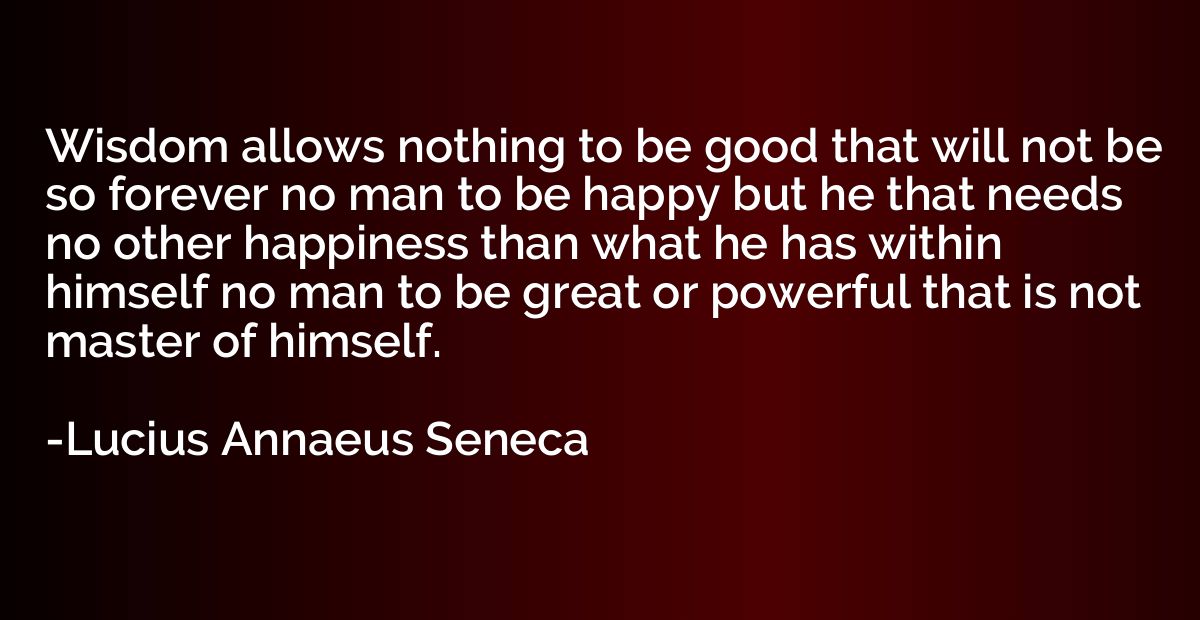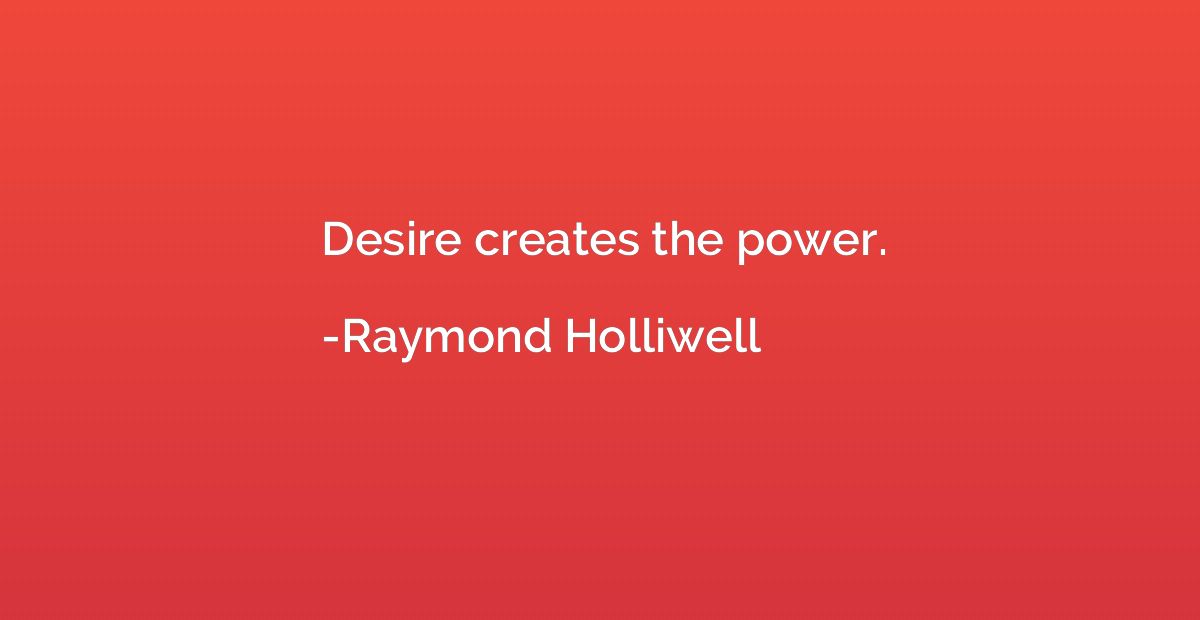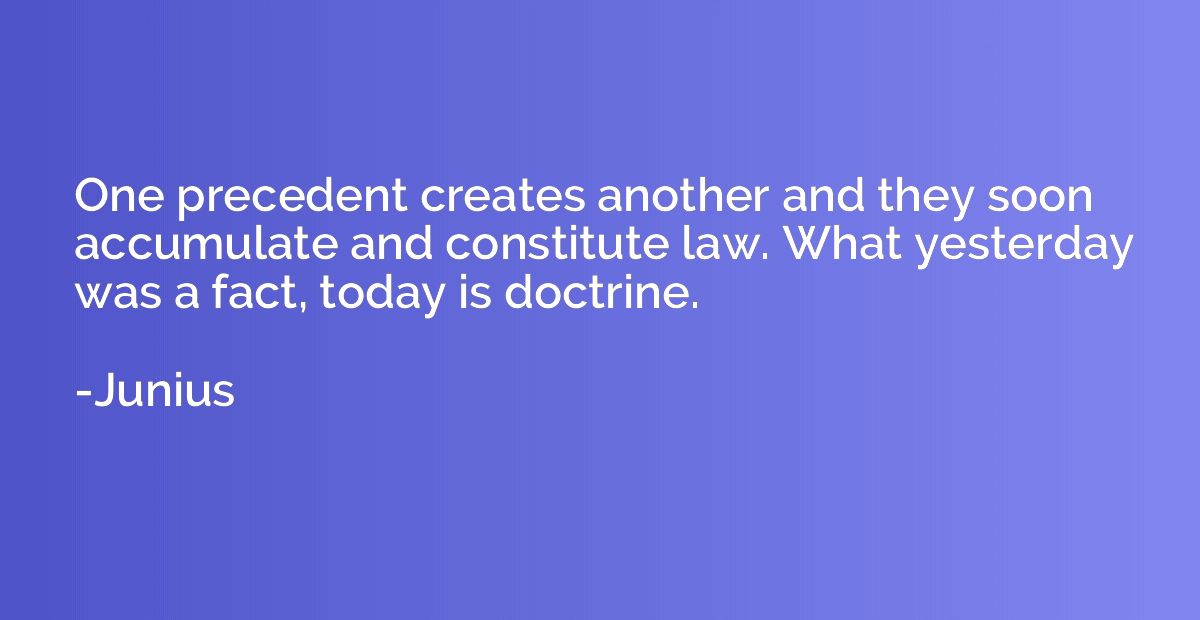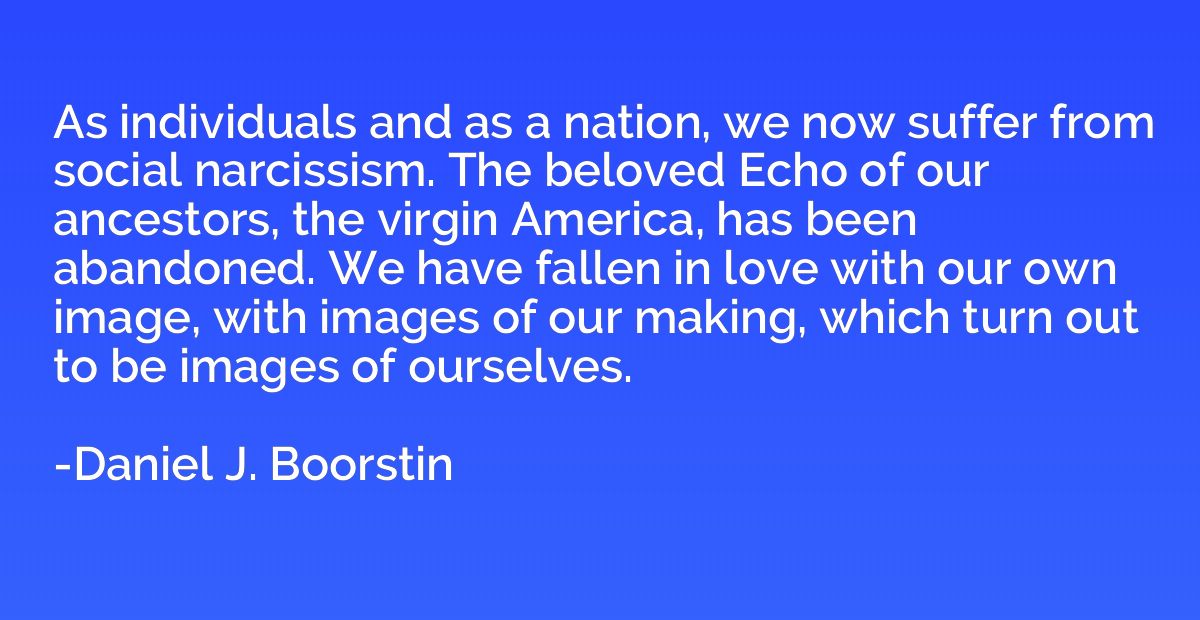Quote by Mahatma Gandhi
Non-violence is not a garment to be put on and off at will. Its seat is in the heart, and it must be inseparable part of our very being.
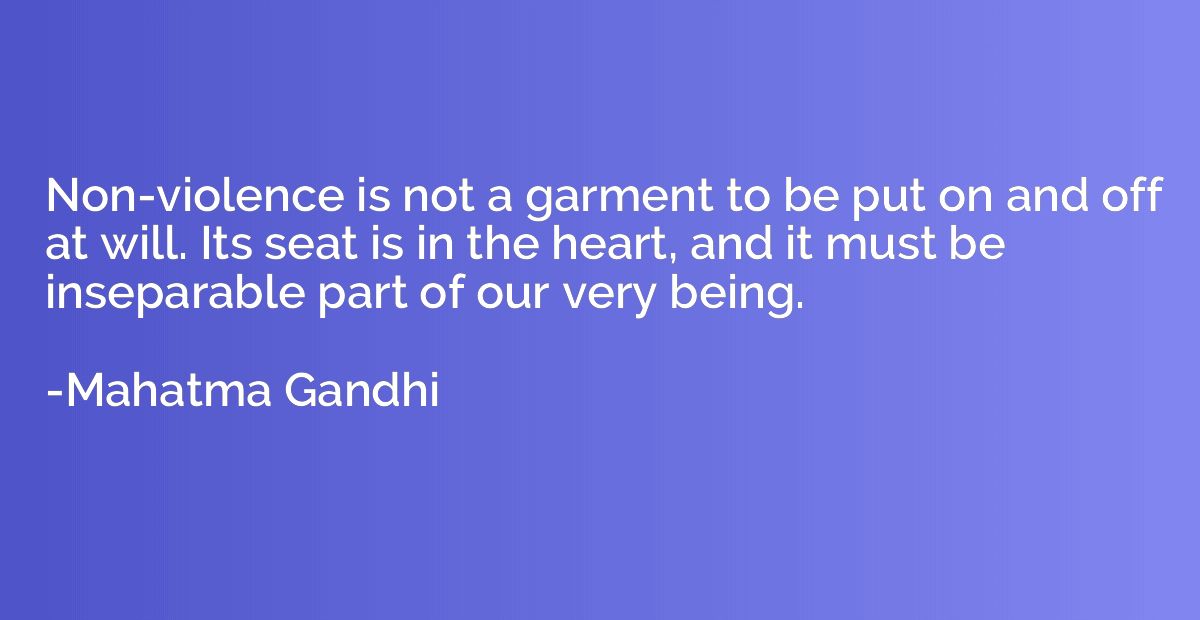
Summary
This quote emphasizes that non-violence is not something that can be superficially adopted or discarded as desired. It resides within the core of one's being, specifically in the heart. Rather than being a temporary facade, non-violence must be an inherent and inseparable aspect of our essence. The quote implies that true commitment to non-violence goes beyond mere actions and requires a deep internal understanding and embodiment of peaceful principles.




